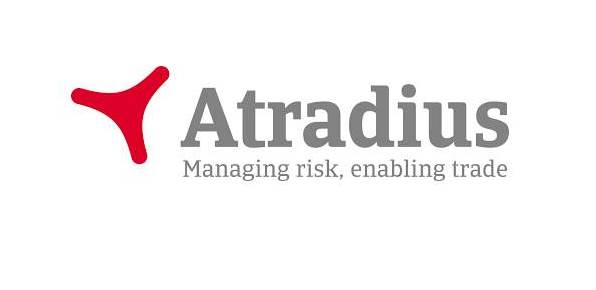Germany barely avoided a recession in Q3 of 2019, but manufacturing will contract this year, with increasing woes in the automotive, machines, and metals/steel industries.
Among the major eurozone markets Germany faces the biggest slowdown this year, and Q3 of 2019 figures show that a technical recession has just barely been avoided. German industrial production is forecast to contract by more than 3% in 2019, followed by a feeble rebound in 2020.
Manufacturing is still struggling with the revised emission standards for diesel-powered vehicles, which has been taking a toll on the automotive sector. Adding to the weakness is the global slowdown in trade, to which Germany is relatively prone. Uncertainty stemming from potential US car tariffs, Brexit and the US-China trade dispute keep the balance of risks to the downside.
The downturn not only affects the business performance and credit risk of automotive, but also that of other related German industries like machines, metals, and steel. The current woes have led to downgrades in our sector performance outlook for those sectors.
It is expected that insolvencies in those major industries will rise by 2%-3% year-on-year in 2020. While this increase may not appear overly high, one has to bear in mind that over the past couple of years the number of automotive, machinery, and metals and steel business failures was low, either remaining unchanged or decreasing. Downside risks remain high and could potentially lead to a higher increase in insolvencies in the short-term future.
Source: Atradius Press Release






















